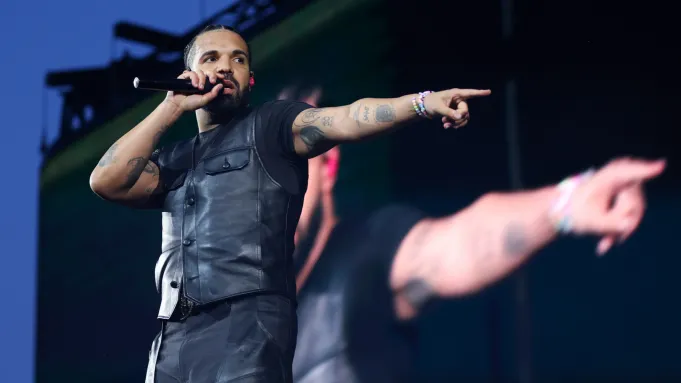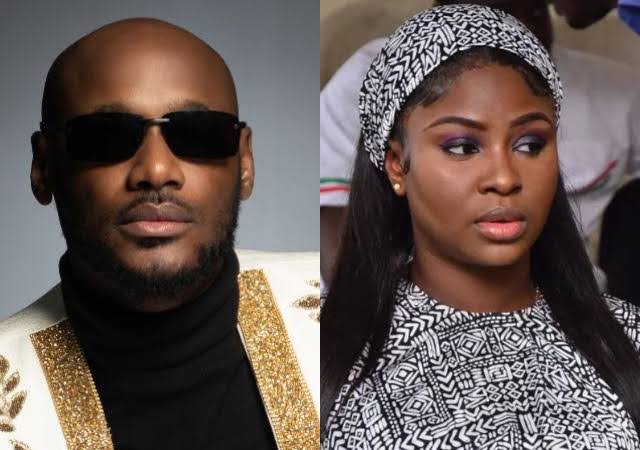Drake Pushes for Internal Documents in Defamation Lawsuit Over Kendrick Lamar’s “Not Like Us”
Drake (real name Aubrey Graham) is intensifying his defamation lawsuit against Universal Music Group (UMG), seeking documentation and communications related to Kendrick Lamar’s diss track Not Like Us. The rapper is demanding UMG and its CEO, Lucian Grainge, hand over Lamar’s full recording contract, as well as internal records concerning allegations of domestic abuse and other criminal behavior tied to Lamar. Drake’s legal team argues this material is vital for proving UMG’s awareness and potential exploitation of defamatory content in the track.
Discovery Begins Amid Legal Tensions
A New York federal judge recently denied UMG’s attempt to pause the discovery process, allowing Drake’s team to start collecting evidence, including depositions and privileged communications. Although UMG initially provided a redacted version of Lamar’s contract, Drake’s lawyers contend the heavily edited 22-page document is “virtually unreadable,” and are pushing for a complete, uncensored version. Additionally, they have requested access to UMG’s financial data—revenues, profits, and valuation of Lamar’s catalog over the past five and a half years—arguing the label profited from promoting the track’s defamatory messaging.
Super Bowl Amplified Damages, Says Drake
In updated court filings, Drake asserts that UMG’s promotion of Lamar’s Not Like Us during the Super Bowl halftime show dramatically increased the damage to his reputation and brand. The performance—boasting record-breaking viewership—made the allegations more pervasive and dangerous, according to his attorneys.
UMG Pushes Back, Labels Lawsuit Baseless
Universal Music Group has responded with force, filing motions to dismiss Drake’s lawsuit. They argue that the lyricism is rhetorical “hyperbole,” typical within diss tracks, and not actionable defamation. UMG has also characterized Drake’s legal move as a response to losing their rap battle with Lamar.
Key Discovery Focuses and Allegations
- CEO’s Role: Drake’s attorneys are now alleging that Lucian Grainge may have been directly involved in amplifying the diss track. They are requesting electronic communications from Grainge that could indicate “actual malice.”
- Financial Motives and Censorship: Drake’s team is also probing UMG’s historical censorship practices and internal incentive structures—raising the possibility that inter-label competition (between Republic—and Drake’s label—and Interscope—and Lamar’s) may have driven a decision to push a controversial track for profit.
- Album and Grammy Tactics: Additional requested documents include promotional strategies linked to the Grammys and streaming platforms—especially around how the song’s controversial content may have been monetized at Drake’s expense.
Context and Implications
The feud between Drake and Kendrick Lamar began with a barrage of diss tracks in 2024, culminating in Not Like Us, which includes harsh accusations—including labeling Drake a “certified pedophile.” The song became a cultural phenomenon, earning multiple Grammys and reaching #1 on the charts for both the U.S. and U.K.
Drake’s complaint cites dangerous real-world fallout: harassment, threats to his family, an attempted break-in at his Toronto home that left a security guard injured, and even a shooting—events he attributes to UMG’s handling of the song. Amid these developments, UMG continues to insist the case is without merit and rooted in artistic expression, not defamation.
Summary Table
| Aspect | Details |
| Discovery Focus | Kendrick Lamar’s full contract, UMG financials, internal communication (including CEO Grainge’s), promotional campaign materials |
| Drake’s Argument | UMG knowingly promoted defamatory content for profit, escalating damage via Super Bowl and Grammy exposure |
| UMG’s Defense | Lyrics are artistic hyperbole, standard in rap; case is a retaliatory tactic by Drake; lawsuit is baseless |



